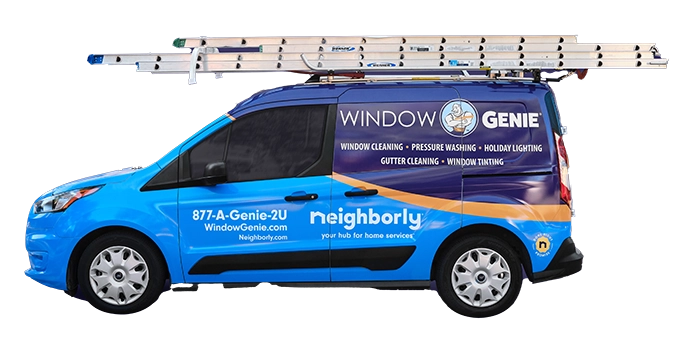Thinking about adding a little tint to your home or vehicle? Besides looking cool, tinted windows have a use and benefits. Here are some helpful facts for your pleasure.
A little about tint
There are different tints for different reasons. Some types offer heat reduction. Others offer simple privacy, while other tints are energy savers.
A tinted window can help control air conditioning costs in the summer and heating costs in the winter. This is because 75% of heat gain or loss during these seasons is from windows.
Remember to look at the window manufacturer’s restrictions as too much heat can increase stress and cause the window to break.
The Many Types of Tint
Let’s start with the solar control film. It is a thin, polyester-based film, usually scratch-resistant. Some can be made out of several layers. The film is attached with adhesive to the interior of a window. One type of solar control tint blocks and absorbs its rays.
Some tinted windows are “shatter-resistant.” This type of film holds the glass together if smashed, protecting the interior from glass pieces and acting as a barrier.
Another type of tint reflects the sun’s rays. This film can have ceramic or metal embedded in the polyester. It is called a reflective tint.
Tints can come in different colors and shades. You can choose from clear to opaque, bronze, steel, or gray. Darker tints are excellent for privacy, whereas clear have less reflective qualities.
Tinted Benefits
The sun has an effect on everything it touches; couches, curtains, photos, and even floors. Ultraviolet light is the cause of these effects. With tinted windows, with an ultraviolet-ray film, 99% of the rays would be blocked. This film would prevent any fading on your possessions. It will also prevent sunburns and other skin damage.
Tinted windows can reduce glare. So, if your TV fits perfectly in a certain spot, but light from a window creates a glare, a level of tint on the window can fix the problem.
Keeping the Tint Clean
If you want to clean your tinted windows, you can wash them with soapy water and a soft cloth. Paper towels work well too, but make sure the towels are soft and not scratchy. Spray foam glass cleaner can work too.
Try to avoid anything with ammonia, as the ammonia can react to certain chemicals in the tint. The reaction can cause blotches. Harsh chemicals, including ammonia, can also cause fading or peeling of the tint. Use gentle cleaners only, even homemade ones with NO ammonia. Vinegar is a gentle and handy, homemade tint cleaner. Newspapers, brown paper towels, scrapers, and scrub pads should be avoided. They are too rough for your tinted windows. Contact a professional window cleaning company when in doubt.
Use very soft window cleaning tools, as tinted windows tend to scratch more easily than regular windows.
A Note on Costs
Costs can vary widely depending on the size of the window if it is for a home window or car, and the type of tint. There are do-it-yourself kits, and there are professionals. It is best to go to a professional to do the tint job because, especially with tinting, you get what you pay for. Often, a do-it-yourself job will need to be fixed or redone after a year or two.
As with any home or vehicle improvement, do some research before jumping into a new adventure. The knowledge is worth it!
